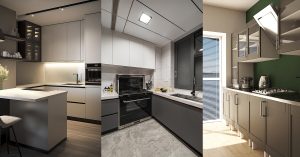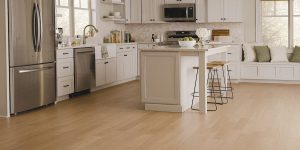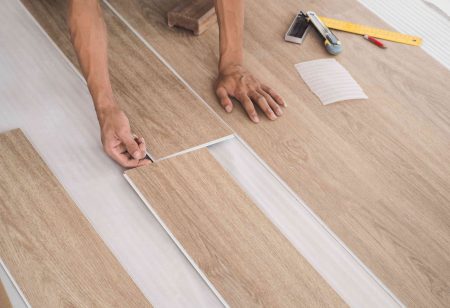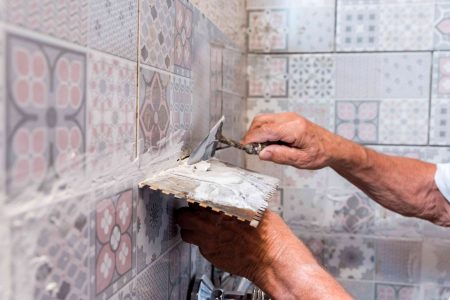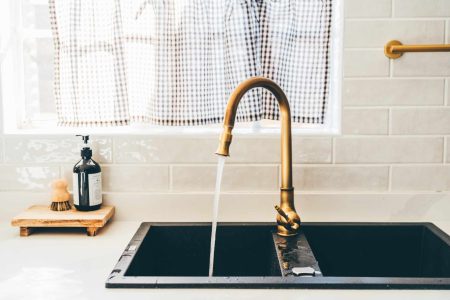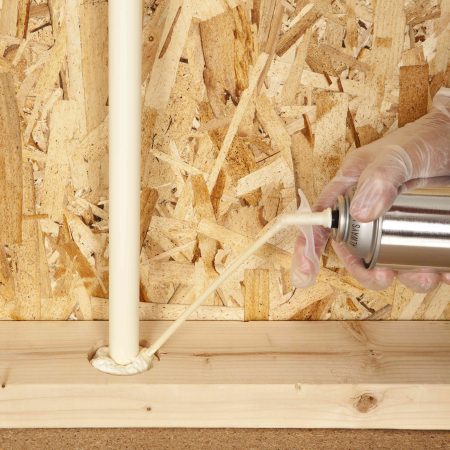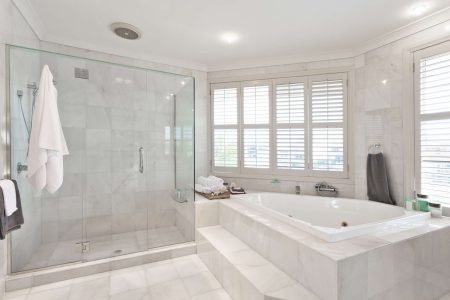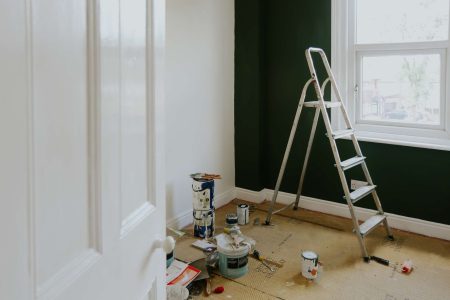Often there comes a point when homeowners begin to feel a little cramped in their homes. Whether it’s because of children, pets, or simply too much stuff, houses have a way of shrinking the longer we live in them.
There are plenty of ways to reorganize, repurpose, or to add minimal space here and there. But the ultimate way to add large amounts of fully usable space and to enhance your home’s resale value is to build a home addition. Determining the average cost of a home addition, along with its many variables, is one of the first steps in planning a home addition.
Home Addition Costs
| Average Cost | $46,000 |
| Low Cost | $21,000 |
| High Cost | $73,000 |
Average Cost
According to Home Advisor, the average cost of a home addition is around $46,000. Adding a bathroom to that space brings the total average of a home addition up another $8,000 or more.
Low Cost
Lower cost home additions with few or no expensive services that require extensive electrical and plumbing work and builder-grade materials will cost around $40,000 per 500 square feet. Adding a bathroom brings the cost up to around $48,000 or more.
High Cost
Higher cost home additions with extensive electrical work and higher-grade materials can cost $100,000 per 500 square feet and go up from there. With a well-equipped bathroom, the minimum cost is closer to $113,000.
Factors That Increase Home Addition Costs
Size
The size of the addition is a major determiner of the total cost of the addition. If the average cost of an addition is $140 per square foot, adding more square footage of the same type incrementally increases the cost.
Type of Addition
The purpose of the addition changes its price. A room addition, for example, will cost less than an addition that will operate as a separate apartment. Unlike full-size additions, room additions do not have expensive services such as full or even half bathrooms, plus they have decreased heating and cooling needs, fewer windows and doors, and more straightforward electrical work.
Electrical Work
Electrical work is necessary for even the most basic type of home addition. Electrical code provides for minimum requirements for lighting and outlets. When home additions become large and more complicated, the electrical bill increases exponentially.
Installing specialty spaces like a home theater, home office, or gym can drive up the cost of the home addition. Added features to other rooms such as electric radiant heating under a bathroom floor may also drive up the price.
Plumbing Work
Much like electrical work, plumbing work is done by licensed professionals. The more plumbing work, the higher overall cost of the addition. Plumbing work has to be tied into the existing plumbing in the main house.
Bathrooms
Adding a bathroom to a home addition substantially adds to the overall cost. For one, both electrical work and plumbing work are needed. For another, bathrooms tend to use materials that are higher in price per square foot than other areas.
For example, a moderately priced $500 alcove bathtub covers a little over 13 square feet of the bathroom at just about $40 per square foot—in addition to all of the other basic building costs. Other materials like porcelain tile or natural stone are expensive per-square-foot materials not found in other parts of the home.
Factors That May Lower Home Addition Costs
Limit the Size
Consider if you need all of the intended space and pare down any unnecessary space. For example, decreasing the size of a living area by one-third will lower the cost of the addition.
Use a Second-Story
Building up (second story) is usually less expensive than building outward, since no foundation work is needed.
Be Flexible
Remain flexible about scheduling for possible discounts.
Supply Your Own Materials
Source some of your own materials to eliminate contractor markup charges. Be sure to discuss this well in advance with your contractor. Contractors generally won’t allow the client to supply building materials like lumber, plumbing, or concrete, but it’s common for clients to supply smaller items like bathroom fixtures.
DIY Finish Work
Doing much or all of the finish work like painting after completion eliminates labor charges and contractor markup fees. As with supplying materials, discuss this with the contractor well before the project starts. Doing DIY work at the end of the project rather than in the middle ensures that the project won’t get slowed down by you.
Resist Unnecessary Changes
Resist the urge to make capricious or unnecessary changes. Changes always drive up the cost of an addition; do so only when absolutely necessary.
Read the full article here


